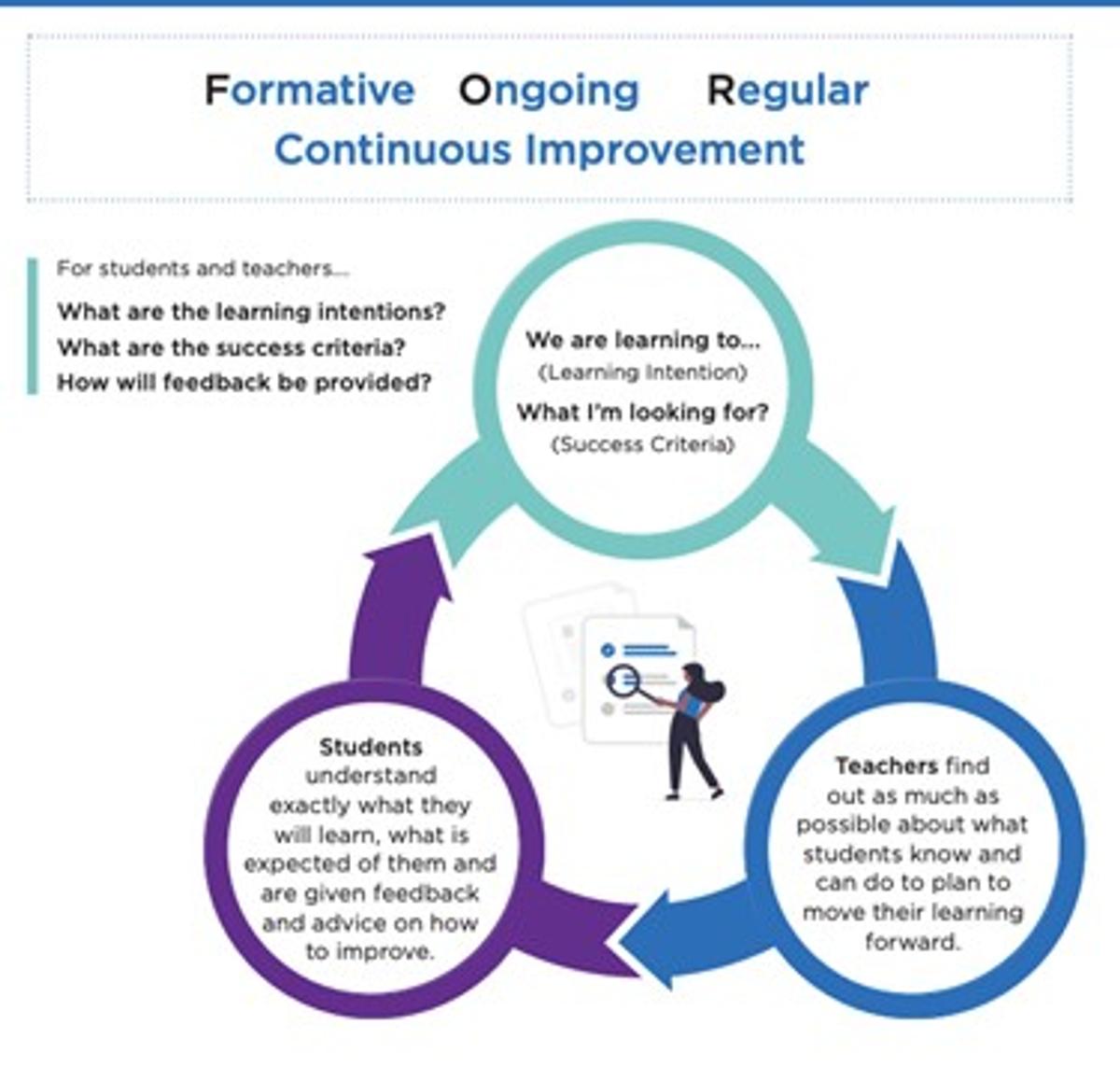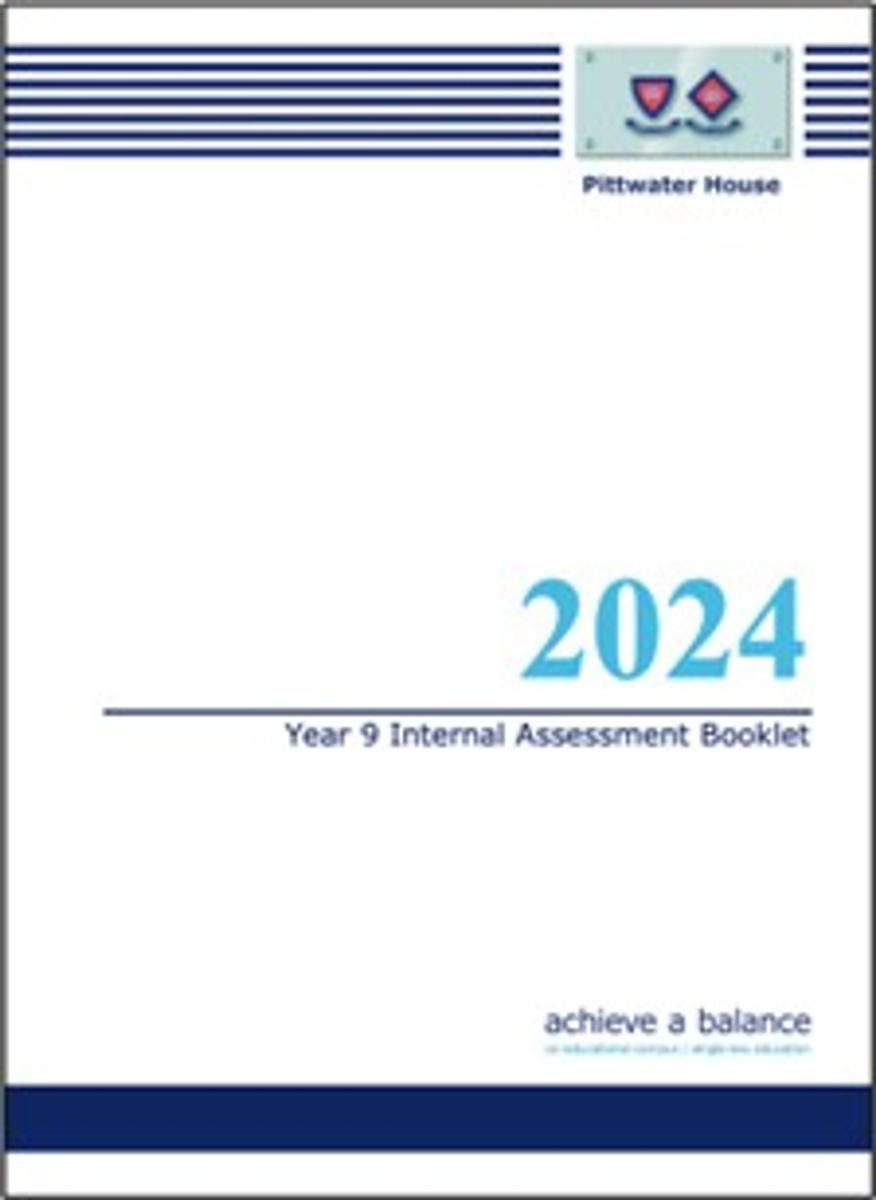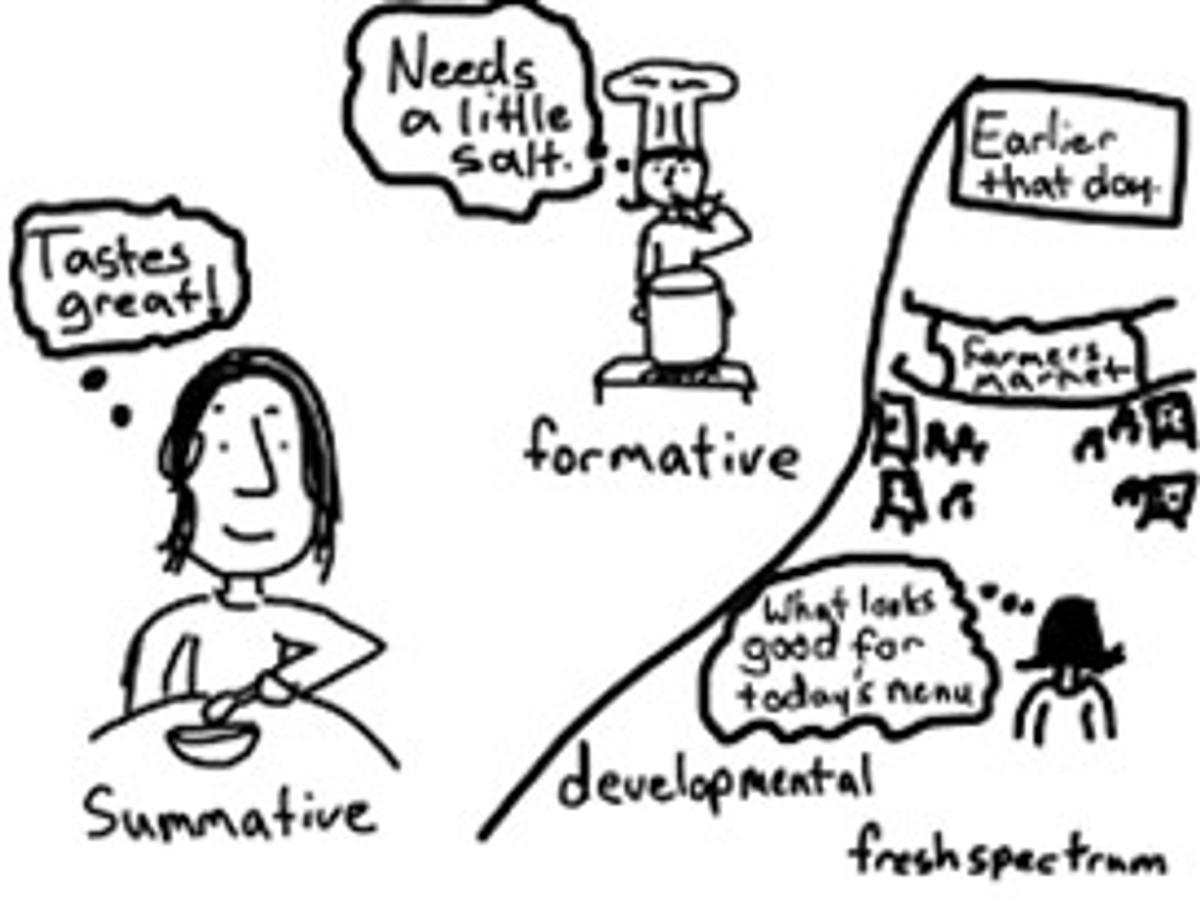From the Head of Teaching and Learning
Mrs Jasmin Mano

From the Head of Teaching and Learning
Mrs Jasmin Mano
‘All things Assessment’ have very much been on the minds of our HEROIC learning community at present, as we commence Week 8, the peak school-based assessment period of the term. Monday morning, with another day of NAPLAN testing before us and many assessment tasks schedules for the week across the Campus K-12, our student leaders took to the microphone to send a message out to all our students and the message was powerful:
‘Try your best and remember to look after yourselves - you've got this!’
Too often we find students becoming anxious and overwhelmed by the task before them, in the imminent days and weeks before an assessment. As teachers and as parents, we do our very best to reassure our students that they know more than they think they do and can only give of their best. It is often difficult to convince students that whilst we always strive for EXCELLENCE - best is enough! At Pittwater House - best is important. Our HEROIC learning model ensures that the whole person is nurtured and inspired to become the best version of themselves for learning and for life.
Whilst not always widely emphasised, it is important to put assessment into perspective. Assessment is an ‘episode of learning’, or a ‘snapshot of learning’, forming an integral part of the teaching and learning cycle. At Pittwater House, as part of our Deep Learning framework, we commence every lesson with the intention ‘FOR’ (Formative, Ongoing, Regular) learning. We then tell the students what we are looking for in learning and in assessment planning. The next step is to ensure we know where our students are at and deduce where they need to get to. Students are kept informed of this via their teacher’s ongoing feedback, as part of our continuous reporting method. The below image captures this method we use.


Formative and Summative Assessment Tasks
From K to 12 we ensure that our students have plenty of opportunity in the teaching and learning cycle to develop their confidence and ability to be guided by their teachers to move their learning forward. If you pick up a copy of your child’s ‘Assessment Handbook’, see image below, you will note that in any one school term your child will sit either a formative or summative assessment.


What’s the difference?
The best way to describe it is captured in the images below:




Research tells us that formative assessment is vital in ensuring that we continue to ‘measure what we value’ in learning, whilst a summative assessment is important in ensuring that the ‘learning has been demonstrated.’ As teachers, we know it is critical to get the balance right and we are also acutely aware that whilst we want our students to be assessed more ‘deeply’, rather than the more traditional, yet narrow routine drills, we know that we must strike the balance right. In many respects, assessment tasks need to ‘waltz’ between assessing what's valuable to learn, getting students to enquire deeply, research widely and present findings, whilst still preparing to ultimately face a pen and paper HSC in Year 12.
With all this in mind, we will continue to aspire to create an HEROIC learning environment that’s best for your child.

